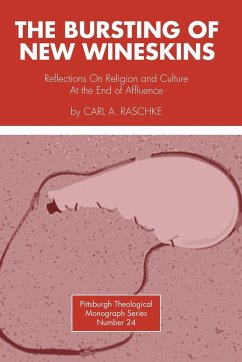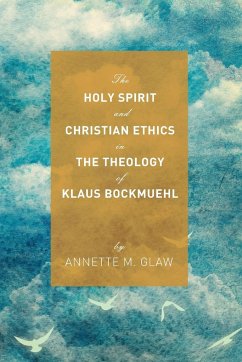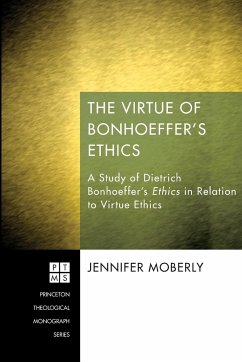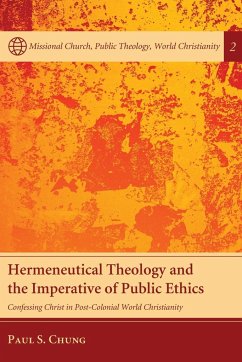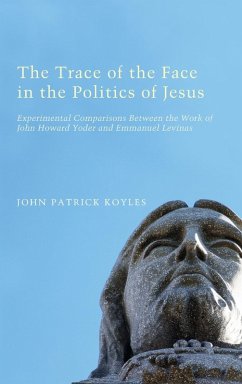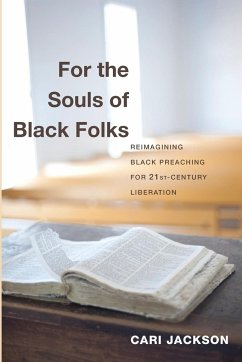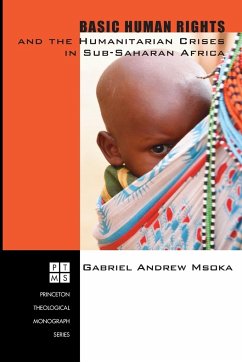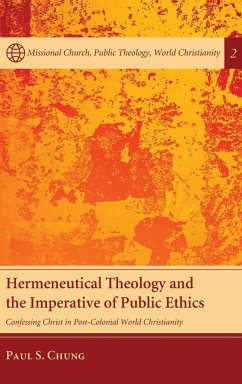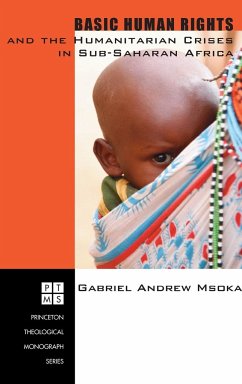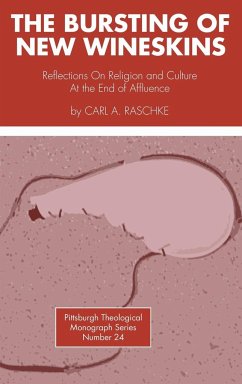
The Bursting of New Wineskins

PAYBACK Punkte
20 °P sammeln!
The recurring economic crises, or near crises,...have slowly impressed the public mind that we have moved into an era signaling the end of affluence. The source as well as the visible symptom of these crises has been shortages of energy, which have made the average American realize that his habitual, wasteful lifestyle of uninhibited consumption is rapidly becoming impractical. At the same time, much has been written about the economic factors and problems associated with dwindling energy supplies, and there has been a good deal of off-handed speculation about imminent changes in social arrang...
The recurring economic crises, or near crises,...have slowly impressed the public mind that we have moved into an era signaling the end of affluence. The source as well as the visible symptom of these crises has been shortages of energy, which have made the average American realize that his habitual, wasteful lifestyle of uninhibited consumption is rapidly becoming impractical. At the same time, much has been written about the economic factors and problems associated with dwindling energy supplies, and there has been a good deal of off-handed speculation about imminent changes in social arrangements that must accompany the slowdown in economic growth. Yet theological reflection concerning the impact of diminished wealth on religious attitudes and values, and the social expectations underlying them, has been minimal; or at least it has not been done in a sustained and comprehensive way.... In [this book] the author assumes the task of such sweeping reflection.



